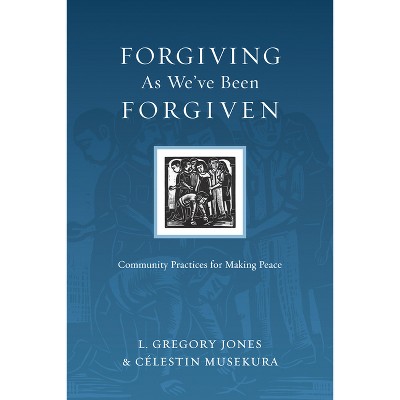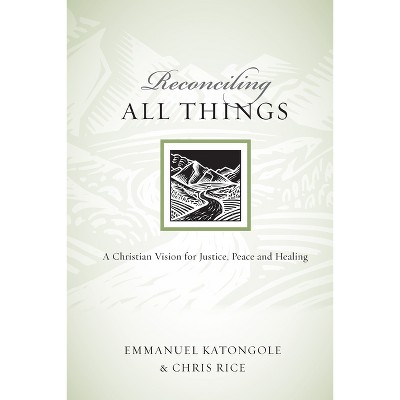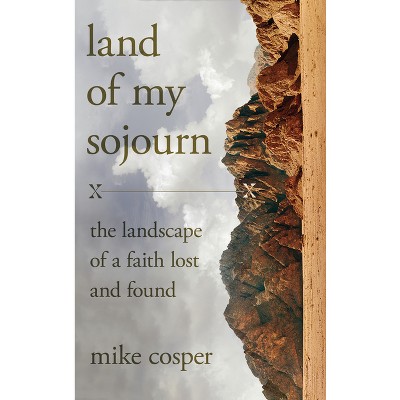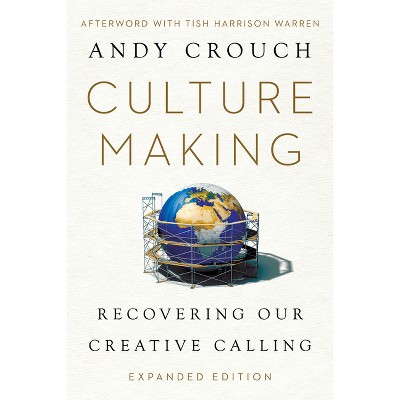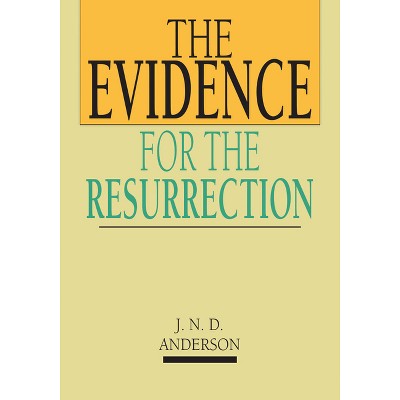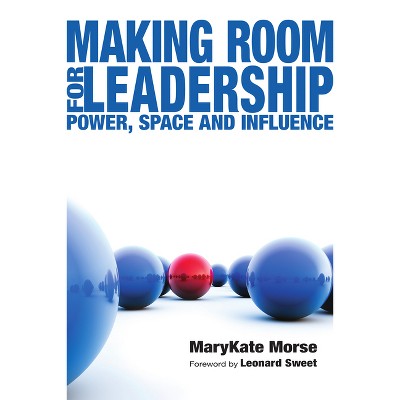Sponsored

Making Peace with the Land - (Resources for Reconciliation) by Fred Bahnson & Norman Wirzba (Paperback)
In Stock
Sponsored
About this item
Highlights
- God is reconciling all things in heaven and on earth.We are alienated not only from one another, but also from the land that sustains us.
- About the Author: McKibben is a former staff writer for The New Yorker and a frequent contributor to The New York Review of Books.
- 182 Pages
- Religion + Beliefs, Christian Life
- Series Name: Resources for Reconciliation
Description
About the Book
Agriculturalist Fred Bahnson and theologian Norman Wirzba develop a vision for community renewal based on reconciliation with the land. With a balance of theological and practical insight, the authors lead communities into practices of local food production, eucharistic eating and delight in God's provision.
Book Synopsis
God is reconciling all things in heaven and on earth.We are alienated not only from one another, but also from the land that sustains us. Our ecosystems are increasingly damaged, and human bodies are likewise degraded. Most of us have little understanding of how our energy is derived or our food is produced, and many of our current industrialized practices are both unhealthy for our bodies and unsustainable for the planet.Agriculturalist Fred Bahnson and theologian Norman Wirzba declare that in Christ, God reconciles all bodies into a peaceful, life-promoting relationship with one another. Because human beings are incarnated in material, bodily existence, we are necessarily interdependent with plants and animals, land and sea, heaven and earth. The good news is that redemption is cosmic, with implications for agriculture and ecology, from farm to dinner table.Bahnson and Wirzba describe communities that model cooperative practices of relational life, with local food production, eucharistic eating and delight in God's provision.Reconciling with the land is a rich framework for a new way of life. Read this book to start down the path to restoring shalom and experiencing Jesus' kingdom of shared abundance, where neighbors are fed and all receive enough.
Review Quotes
"Books like this usually threaten us with scarcity. Bahnson and Wirzba beckon us with God's creative, 'abundant kingdom homesteading, ' correcting our 'reconciliation deficit disorder' by helping us to see that the full scope of divine healing includes all creatures and the whole creation--soil and sea and air, and everything contained and sustained by them."
--D. Brent Laytham, The Christian Century, May 1, 2013"Fred Bahson and Norman Wirzba are competent guides to this complicated, urgent subject. Too often, readers are hammered with statistics that, while true, tend to confuse and overwhelm. In this case, however, statistics are absolutely necessary and are used judiciously--in no small measure because of the high level of expertise of both authors."
--John Nyquist, International Bulletin of Missionary Research, Vol. 36, No. 4"In Genesis, God entrusts the care of his good creation to humanity, commanding us to rule it as his vice-regents--which means careful stewardship, not consumeristic exploitation. Determining the difference between the two is sometimes difficult. But with the guidance of prayer, Scripture, and books life Making Peace with the Land, we might find the search for wisdom less difficult than we first thought."
--Jake Meador, Christianity Today, June 2012"This book was written to equip all of God's people to be more faithful ambassadors of reconciliation in regard to the land. . . . Many Christians need to learn again how to live sacramentally in 'God's garden.' This book provides the biblical vision along with down-to-earth examples that can help make this happen."
--J. David Holland, Perspectives on Science and Christian Faith, Volume 65, Number 1, March 2013"Weaving personal stories with pertinent data, the authors call attention to biblical and theological mandates to care for all of God's creation, including the land. Written with a broad audience in mind and with a study guide for each chapter, this book is an excellent resource for churches, communities, and individuals committed to caring for, and reconciling themselves with, the land."
--Narola Ao McFayden, Interpretation, 67(4)"Without a doubt, our most anticipated book of the next few months. . . . This new collaborative effort promises to be an accessible introduction to both writers' work in defense of land, food and agriculture as essential to God's reconcilation, and should not be missed."
--Chris Smith, Englewood Review of Books, Lent 2012Bahnson and Wirzba have written a book that is thoroughly Christian, offering inspiration to many of us who seek to understand what on earth (literally) God would have us do. But the book's apologetic value cannot be underestimated. It unfolds the riches of Christian teaching, tradition, experience, and reflection that makes it accessible to those outside the faith. They drive all of us to consider the actual ancient stumbling blocks of Jesus' humanity and his bodily resurrection, and they offer hope."
--Rusty Pritchard, PRISM Magazine, September/October 2012About the Author
McKibben is a former staff writer for The New Yorker and a frequent contributor to The New York Review of Books. His books include The End of Nature (Random House), The Age of Missing Information (Random House), The Comforting Whirlwind (Eerdmans) and, most recently, Hope, Human and Wild: True Stories of Living Lightly on the Earth (Little, Brown).
Fred Bahnson is a permaculture gardener, a pioneer in church-supported agriculture, and an award-winning poet and essayist. He was a Kellogg Food Society policy fellow at the Institute for Agriculture and Trade Policy and the cofounder and former director of Anathoth Community Garden in Cedar Grove, North Carolina. He is the author of Soil and Sacrament (forthcoming, Free Press).
Norman Wirzba is Research Professor of Theology, Ecology and Rural Life at Duke Divinity School. He is the author of Food and Faith, Living the Sabbath and The Paradise of God.
Shipping details
Return details
Trending Non-Fiction






